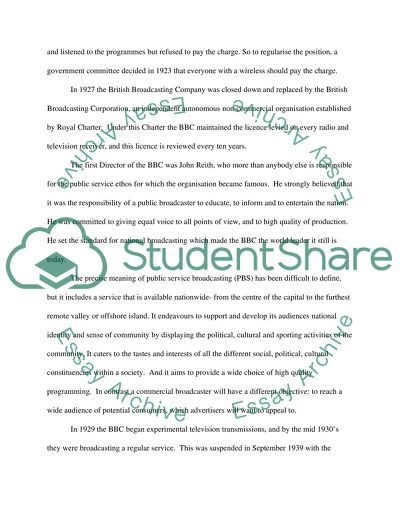Cite this document
(“Television Licensing Fees, The BBC and the Ofcom Regulation. (Related Essay”, n.d.)
Retrieved from https://studentshare.org/environmental-studies/1404944-television-licensing-fees-the-bbc-and-the-ofcom
Retrieved from https://studentshare.org/environmental-studies/1404944-television-licensing-fees-the-bbc-and-the-ofcom
(Television Licensing Fees, The BBC and the Ofcom Regulation. (Related Essay)
https://studentshare.org/environmental-studies/1404944-television-licensing-fees-the-bbc-and-the-ofcom.
https://studentshare.org/environmental-studies/1404944-television-licensing-fees-the-bbc-and-the-ofcom.
“Television Licensing Fees, The BBC and the Ofcom Regulation. (Related Essay”, n.d. https://studentshare.org/environmental-studies/1404944-television-licensing-fees-the-bbc-and-the-ofcom.


